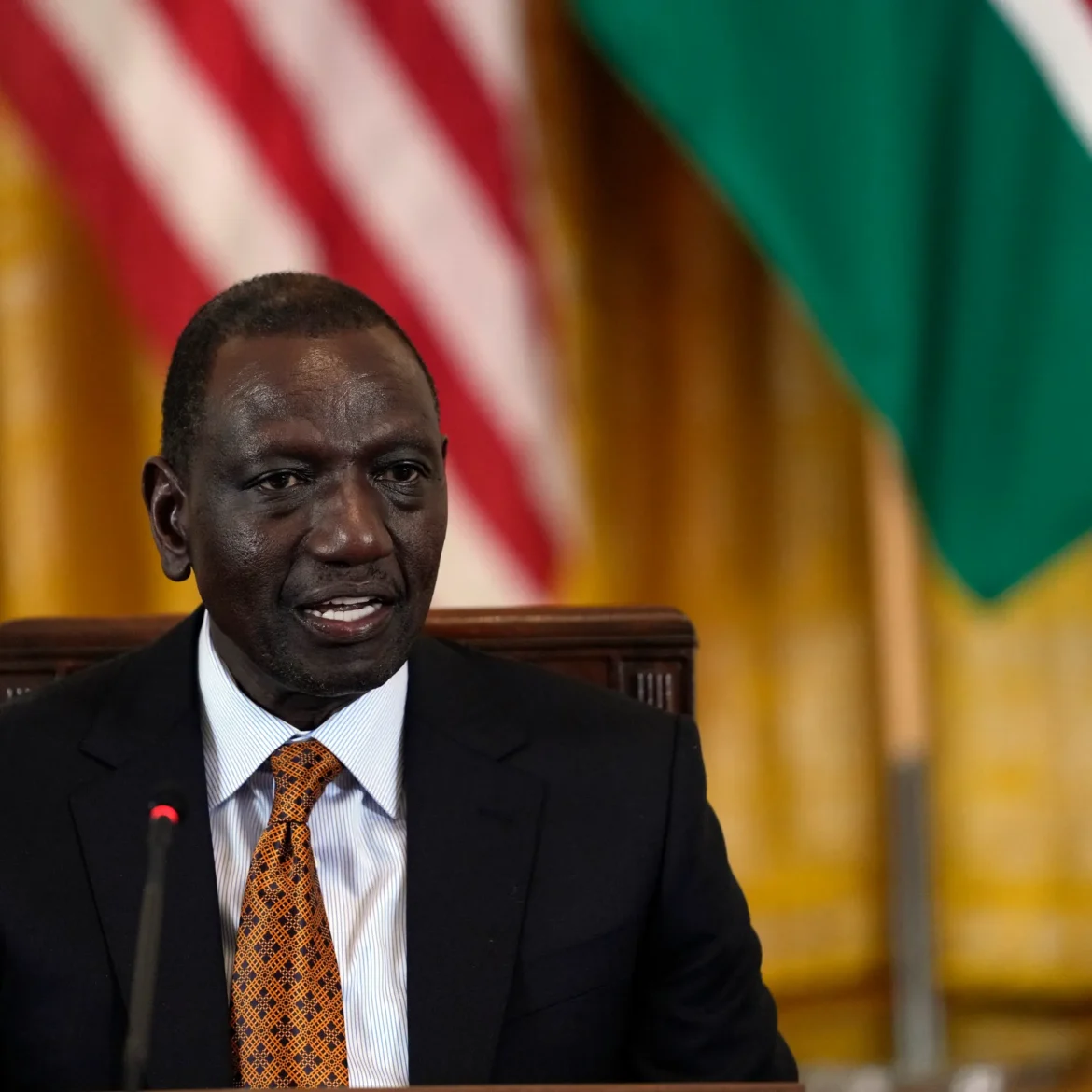Kenya’s President William Ruto on Wednesday evening rolled back controversial tax reforms that he had championed in the face of public opposition, after mass protests turned violent a day earlier, leaving 23 people dead, according to the Kenya National Commission on Human Rights.
“The people have spoken,” Ruto said in a press conference at around 4:30 pm local time (13:30 GMT), barely 24 hours before protesters vowed to again take to the streets. “I concede.”
The admission of defeat was rare for a politician not known to backtrack, and was a sharp about-turn from his speech less than a day earlier, when, after the violence, he had adopted a firm, almost threatening posture towards protesters. He had accused “treasonous” individuals of attempting “to undermine security and stability”. The president had also deployed the military against protesters, an unusually high-handed move, experts said.
The reversal in Ruto’s position on Wednesday has led to questions about what changed his mind, said analysts — even as a cloud hangs over his credibility, two years after he came to power promising a break for corruption and misgovernance.
“I don’t believe it is genuine, I think he is just buying time,” Willis Okumu, a senior researcher with the Pan-African think-tank Institute for Security Studies (ISS), told Al Jazeera. “I think he has been advised that this is politically damaging and most likely Western pressure has played a role. He needed to steady the ship after messing up.”
]
A hardliner loved by the West Ruto’s tough-on-security messaging in his Tuesday speech drew criticism from the Kenya National Commission on Human Rights, which called it “insensitive” and “inciteful”, and claimed it fuelled the killings of people in a suburb of Nairobi, hours after the protesters had been dispersed through police firing.
Experts also said that statement signalled Ruto’s disconnect from the Kenyan population. It underscored the image Ruto has long had in Kenya, as someone who is inflexible, but who has enjoyed legitimacy from the West, particularly the United States, despite a long history of alleged involvement in electoral violence.
Some of those allegations led the International Criminal Court to probe Ruto on charges of crimes against humanity. Those charges were dropped in 2016 for a lack of evidence.
“For those of us who have known him for a long time, we know Ruto to be a leader who is a hardliner,” Okumu of the ISS said. “We’ve always been surprised that the West has embraced him. They know who he is, but because he is spearheading Western interests, they look away.”
Sourcew: Aljeezera


